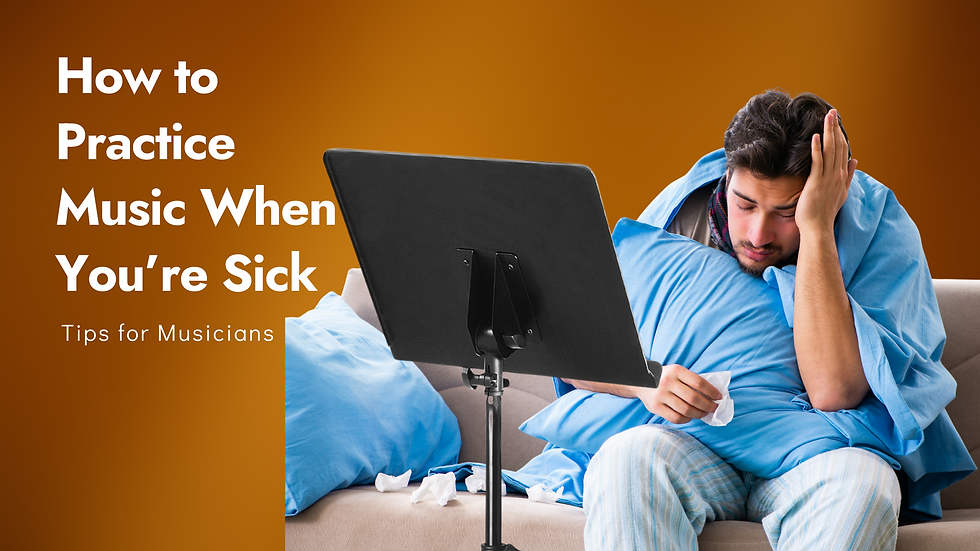When Is It Too Late To Start Learning Piano?
- Taylor Fends

- Oct 9, 2023
- 3 min read

Whether you're a child, teenager, young adult, or in the golden years of your life, the piano is an instrument that invites everyone to embark on a musical adventure. Many people believe that learning the piano is a privilege reserved for the young, but in reality, there is no age limit to learning the piano. In this blog post, we'll explore the incredible benefits of pursuing piano at any stage of life.
Benefits of Playing Piano At Any Age
1. Cognitive Benefits

One of the most compelling reasons to learn the piano at any age is the cognitive benefits it offers. Learning to play the piano engages your brain in a way that few other activities can match. It stimulates memory, problem-solving skills, and creativity. Research has shown that playing the piano can help enhance spatial-temporal skills, which are crucial for mathematics and science. These cognitive benefits are not limited by age; they can be harnessed by anyone willing to learn.
2. Stress Reduction and Emotional Well-being
Music has a remarkable ability to soothe the soul and reduce stress. Learning to play the piano can serve as a therapeutic outlet for individuals of all ages. It provides an opportunity for self-expression and emotional release, allowing you to channel your feelings into the music you create. In a world that often moves at a fast pace, the piano offers a peaceful sanctuary where you can find solace and relaxation.
3. Self-fulfillment and Personal Growth
Learning the piano can be a deeply fulfilling journey that offers a sense of accomplishment and personal growth. Whether you're a child or a retiree, the process of mastering an instrument helps build self-discipline and perseverance. It's an opportunity to set goals and work diligently towards achieving them, which in turn, can boost your self-esteem and confidence.
4. Community and Connection
Music brings people together, and learning the piano can help foster connections with others. Whether it's joining a community piano class, playing with friends and family, or participating in local recitals, the piano can be a source of social interaction. Building relationships through music is a wonderful way to bridge generational gaps and create lasting connections.
5. A Lifelong Journey

Learning the piano is not a race but a journey. There is no need to rush through the learning process, and there are no shortcuts to mastering this beautiful instrument. This aspect of the piano makes it accessible to people of all ages. Whether you start at 8 or 80, each stage of learning is a rewarding experience.
Tips for Adult Learners
If you're an adult considering starting your piano journey, here are some tips to make the process enjoyable and successful:
Find a patient and supportive teacher.
Set realistic goals and practice consistently.
Explore music genres that resonate with you.
Be patient with yourself, and don't compare your progress to others.
Embrace the joy of learning and the sense of accomplishment.
So When Is It Too Late To Start Learning Piano?
It's never too late! There is no age limit to learning the piano; this timeless instrument invites individuals of all ages to experience the joy of music. The cognitive, emotional, and personal growth benefits are available to everyone, whether you're 8, 38, or 88. So, if you've ever dreamed of playing the piano, don't let age hold you back. Start your musical journey today, and let the piano be your guide to a world of endless possibilities.








Comments